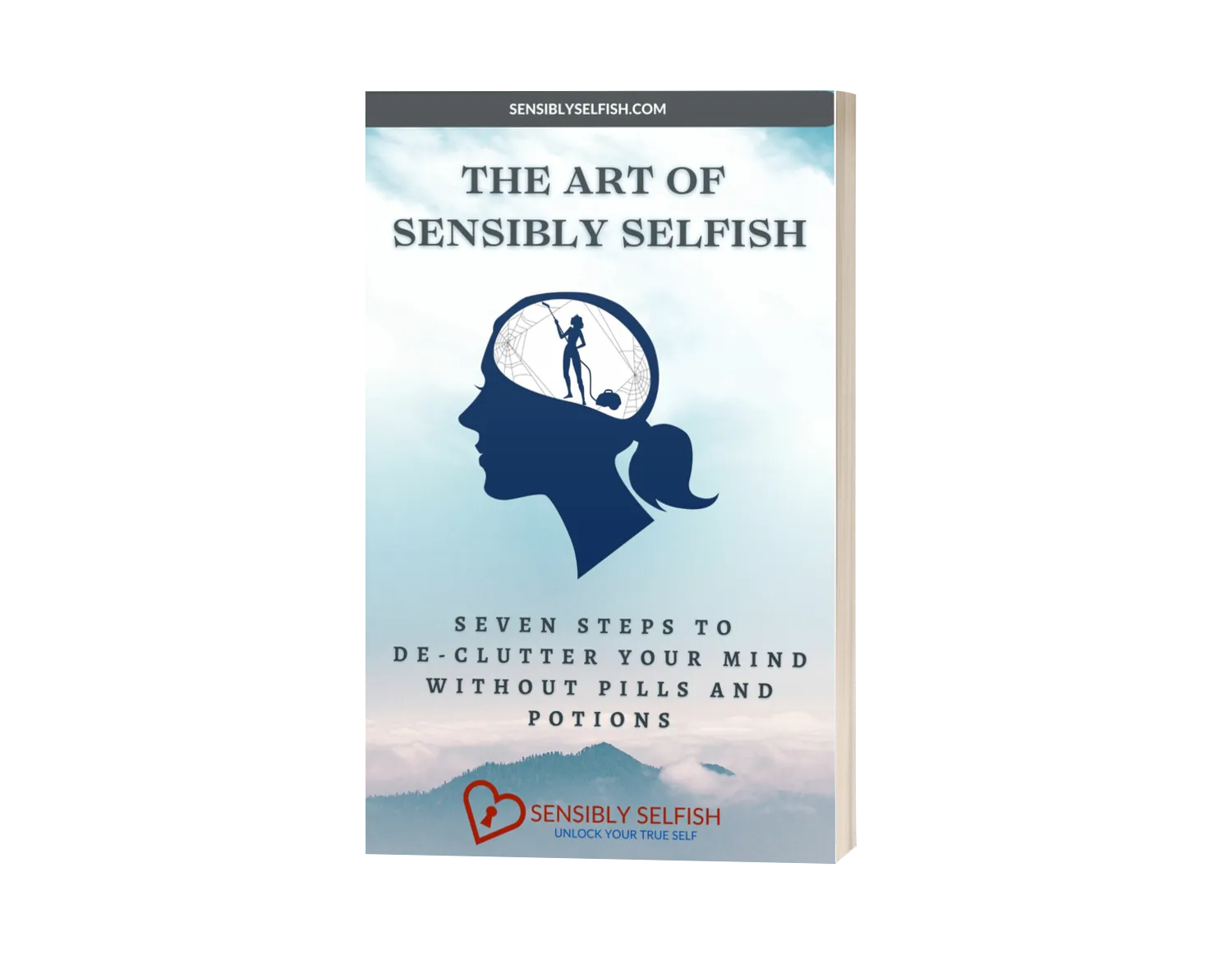Doing Diwali
Lighting Life after 45
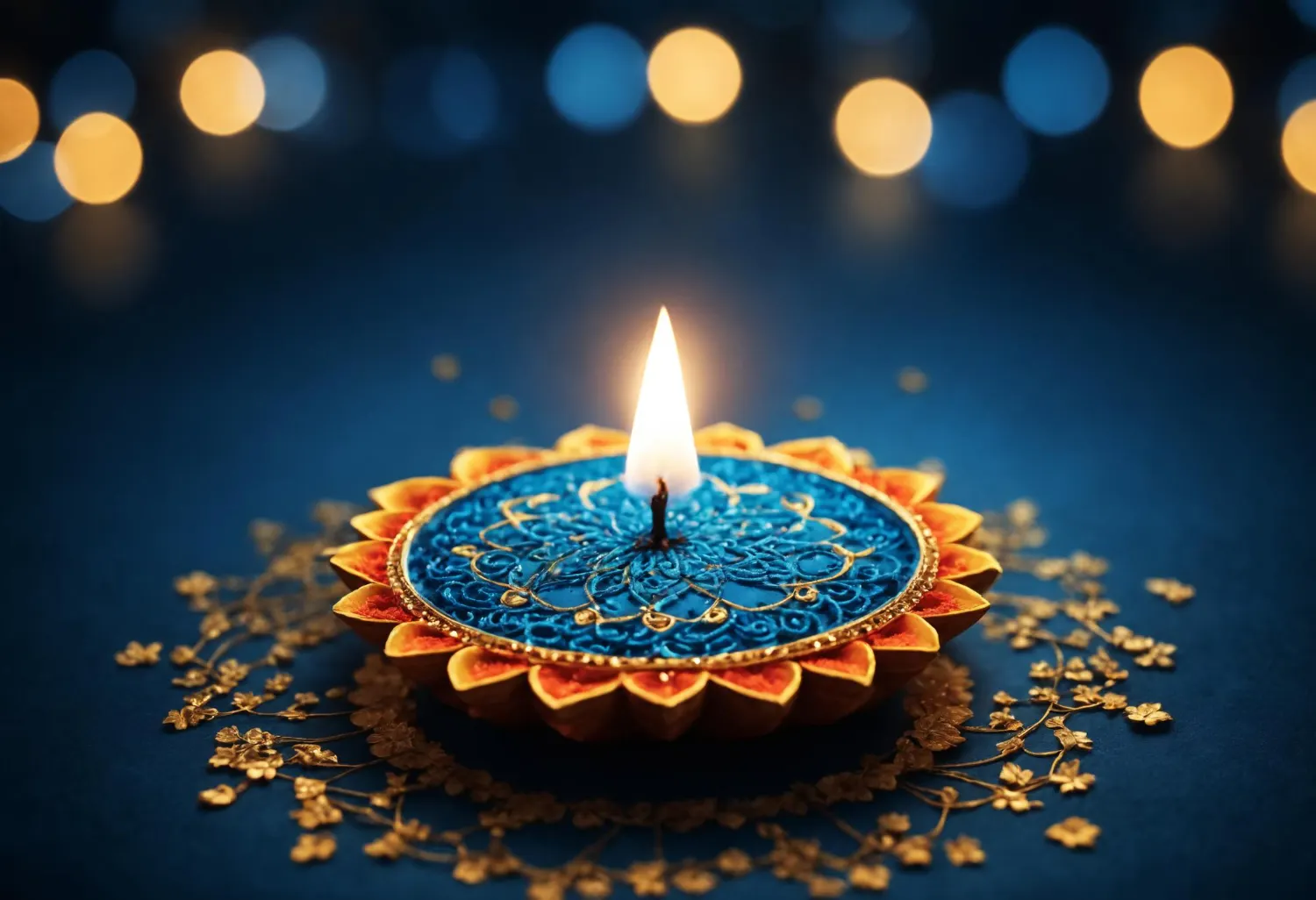
[Toc]
Diwali, the festival of lights, holds a special place in the hearts of millions worldwide. Rooted in ancient Indian traditions, it celebrates the triumph of light over darkness, good over evil, and knowledge over ignorance. As we delve into Doing Diwali, let's explore how its timeless wisdom can offer invaluable lessons to Western women over 45.
The Significance of Diwali
Diwali is more than just a cultural celebration; it's a profound reflection of the human spirit. Its spiritual and cultural roots run deep, reminding us of the eternal battle between light and shadow within ourselves. Just as Diwali illuminates the darkest night, it urges us to seek the light within, to overcome our inner challenges, and to emerge stronger, wiser, and more vibrant.
Diwali, also known as Deepavali, is a significant and ancient Hindu festival celebrated across India and by Hindu communities worldwide. Its history is rooted in various religious, cultural, and historical contexts:
Ancient Roots: The origins of Diwali can be traced back over 2,500 years to the ancient Indian civilization. Its earliest mentions can be found in Sanskrit scriptures like the "Rigveda" and the "Mahabharata," where it is referred to as a festival of lights and the victory of good over evil.
Mythological Significance:
Return of Lord Rama: One of the most well-known stories associated with Diwali is the return of Lord Rama, an incarnation of the god Vishnu, to his kingdom of Ayodhya after defeating the demon king Ravana. The people of Ayodhya celebrated his return by lighting lamps and decorating the city, symbolizing the triumph of light over darkness and the return of righteousness.
Goddess Lakshmi: Diwali is also associated with the goddess of wealth, Lakshmi. It is believed that on this day, Lakshmi visits homes that are clean and brightly lit, bringing prosperity and blessings to the inhabitants.
Lord Krishna and Narakasura: In some regions of India, Diwali commemorates the victory of Lord Krishna over the demon king Narakasura. This event symbolizes the triumph of good over evil and the liberation of the oppressed.
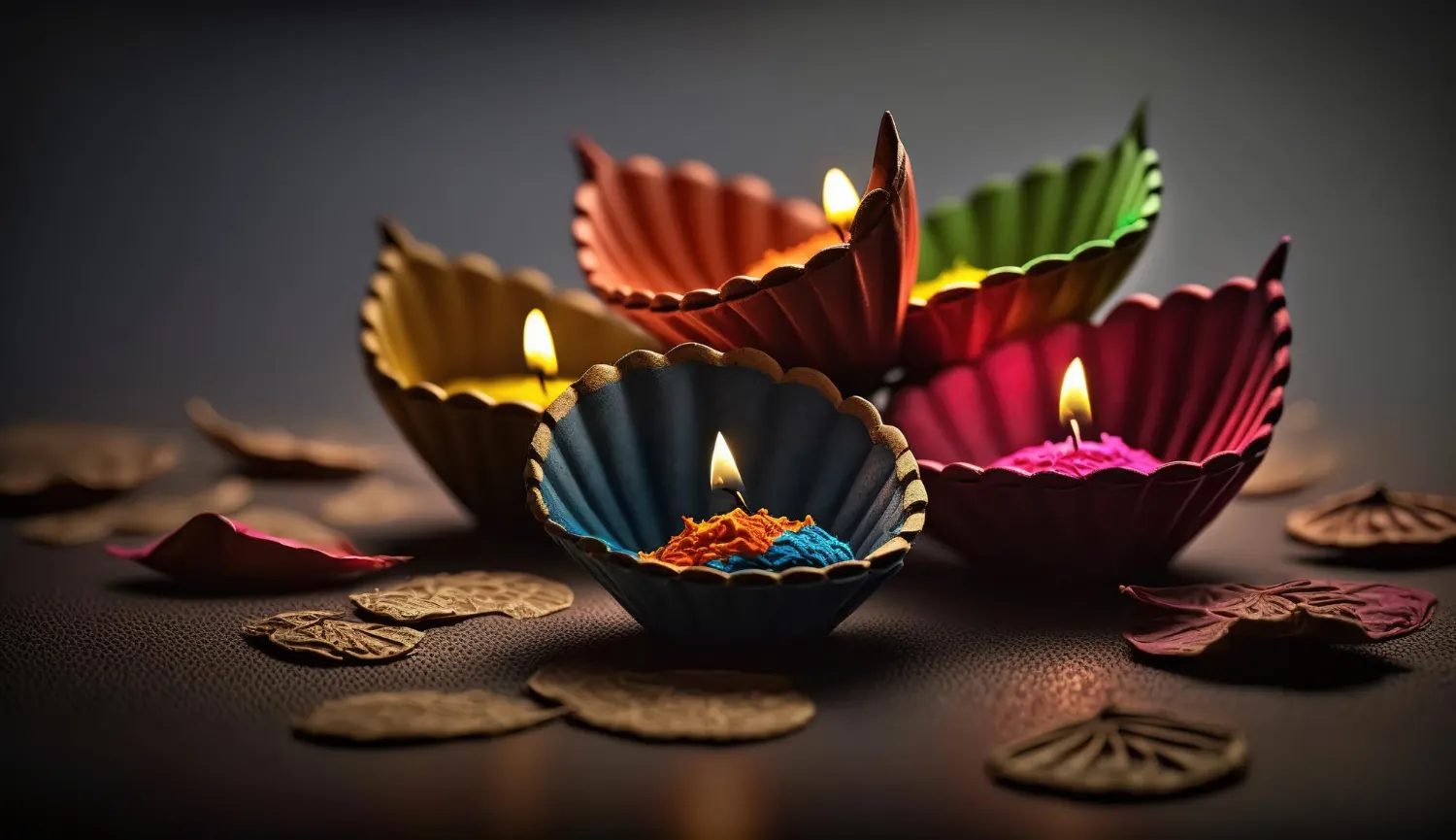
Regional Variations: Different regions of India have their own unique traditions and stories associated with Diwali. For example, in the state of West Bengal, the festival is linked to the worship of the goddess Kali, while in the state of Gujarat, it marks the beginning of the new year and is associated with the worship of the goddess Lakshmi.
Interfaith Significance: While Diwali is primarily a Hindu festival, it holds significance for several other religious communities as well. For instance, Jainism commemorates the spiritual awakening of Lord Mahavira, the 24th Tirthankara. Sikhs celebrate Diwali as Bandi Chhor Divas, marking the release of Guru Hargobind Sahib from captivity.
Cultural Celebrations: Beyond its religious roots, Diwali has become a widely celebrated cultural event. It is a time of joy, togetherness, feasting, exchanging gifts, and decorating homes with lamps, candles, and colorful rangoli designs.
Modern Significance: In contemporary times, Diwali has evolved into a global celebration. It is not only celebrated by Hindus but also by people of various faiths and backgrounds, symbolizing the universal themes of light, knowledge, and the triumph of good over evil.
Overall, Diwali's history is rich and multifaceted, reflecting the cultural, religious, and spiritual diversity of India and its people. It continues to be a time of reflection, renewal, and celebration for millions around the world.
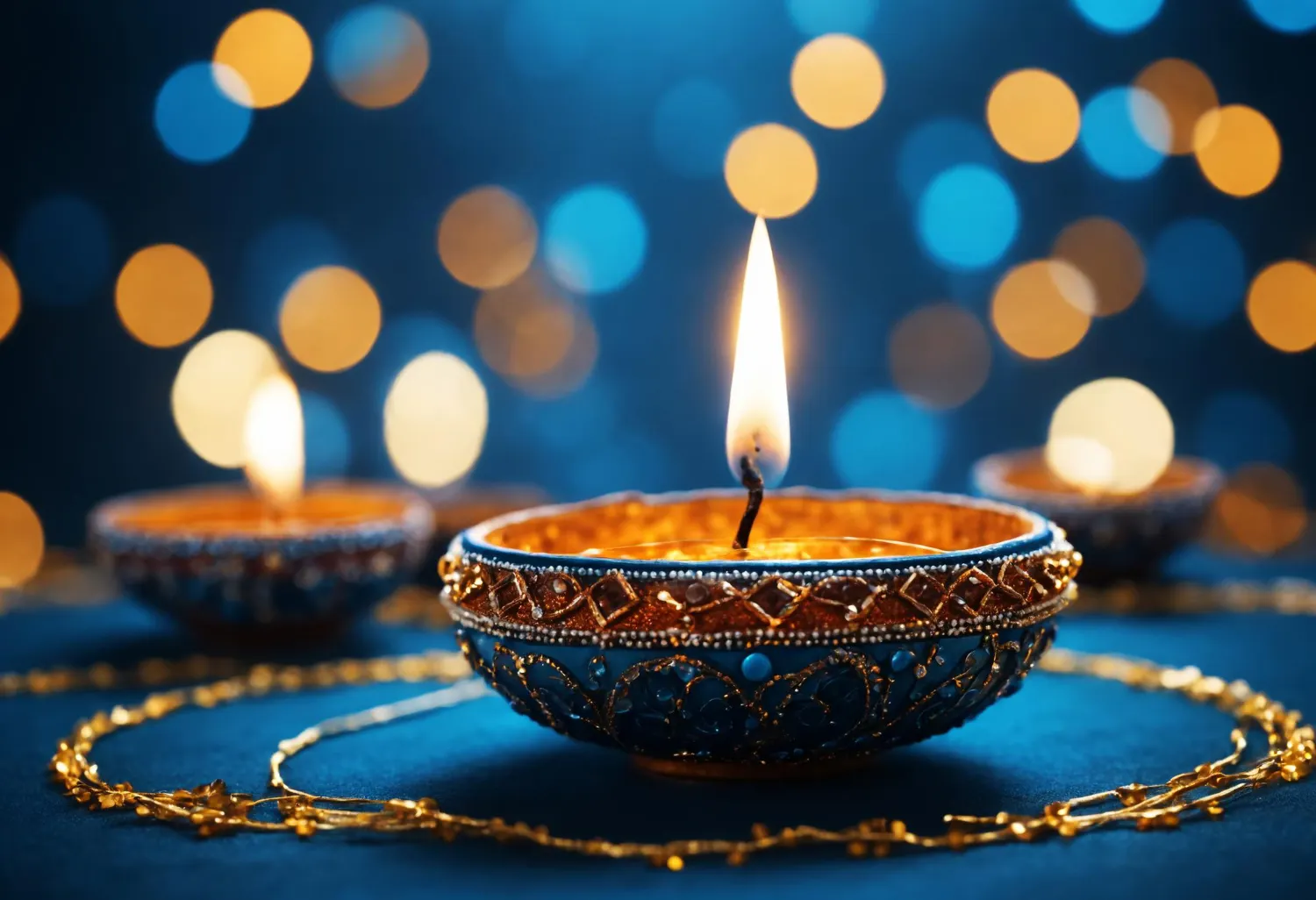
Finding Light in Everyday Life
While Diwali is deeply rooted in Indian traditions, its essence transcends cultural boundaries. As Western women over 45, we can adapt and adopt elements of Diwali that resonate with our own journeys. Lighting lamps of gratitude, decorating our lives with acts of kindness, and engaging in practices that nourish our souls—these are ways we infuse our existence with deeper meaning and purpose.
In the hustle and bustle of modern life, it's easy to lose sight of our own inner radiance. Diwali teaches us to pause, reflect, and recognize the moments of brilliance that pepper our journey. It invites us to celebrate our victories, both big and small, and to draw strength from them as we navigate the path ahead. Through self-reflection, we uncover the light that has been with us all along.
Life is a series of transitions, each one offering an opportunity for growth. Diwali, with its theme of renewal, shows us the way. It teaches us to embrace change with grace, to let go of what no longer serves us, and to step into the unknown with confidence. Through the lessons of Diwali, we find the strength to face life's inevitable shifts with resilience and an open heart.
Illuminating Your Inner Strength
Within every woman lies a wellspring of untapped strength and wisdom. Diwali's brilliance reminds us to tap into this inner reservoir, to recognize our power, and to stand tall in our authenticity. Through self-discovery and self-love, we unlock our true potential, shining brightly in the world.
Diwali beautifully encapsulates the delicate balance between self-care and giving. As women over 45, we understand the importance of nurturing ourselves while also extending kindness to others. Diwali's lesson is clear: we must fill our own cups first before we can overflow with abundance for those around us.
[CTA]
A Sense of Community
Diwali is a time of togetherness, of families and communities coming together to celebrate. As women over 45, we understand the profound impact of community on our well-being. We thrive when we connect, support, and uplift one another. Drawing inspiration from Diwali, we can foster meaningful relationships that light up our lives and those around us.
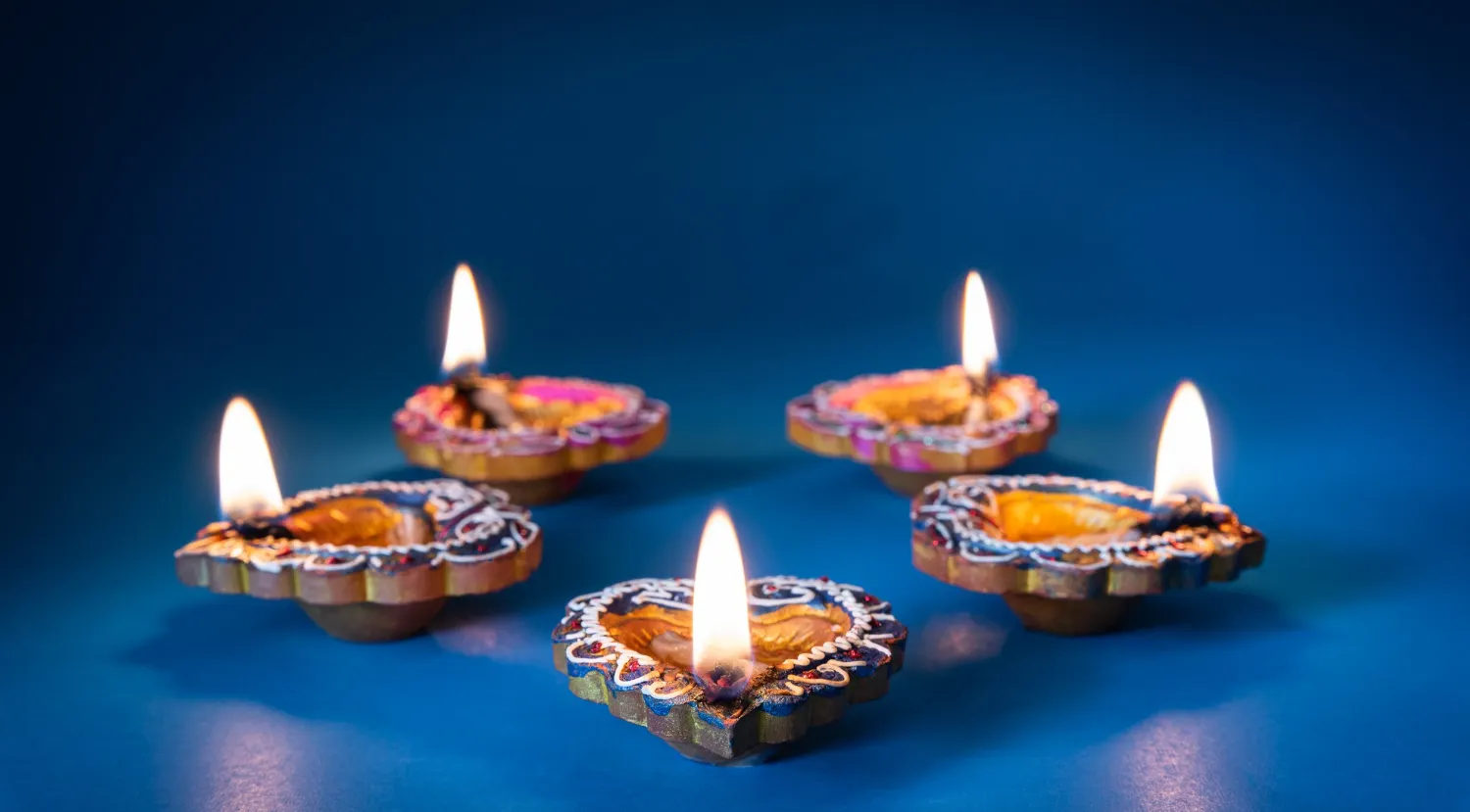
Unearth Your Light
The festival of Diwali offers a treasure trove of wisdom for women over 45. It invites us to journey inward, to unearth our light, and to let it radiate out into the world. As we embrace the spirit of Diwali, we step into our power, finding strength in vulnerability, and transforming our lives in the process.
I invite you, dear reader, to reflect on your own journey and the light that shines within you. How can you incorporate the lessons of Diwali into your life? Share your insights and experiences, and let us collectively illuminate the path toward a more empowered, radiant existence.









